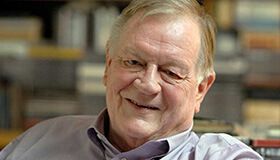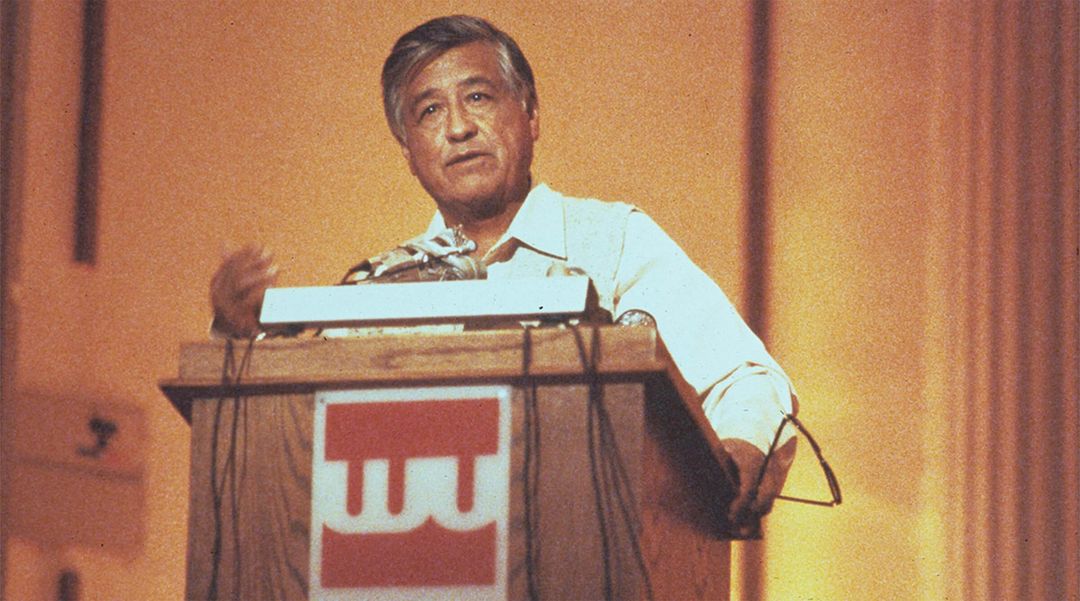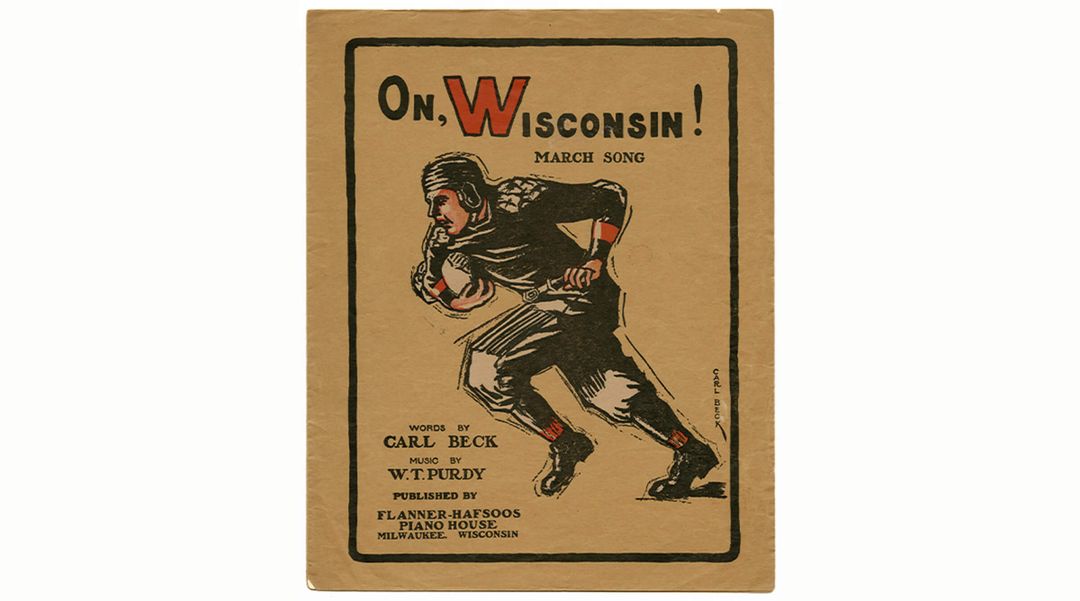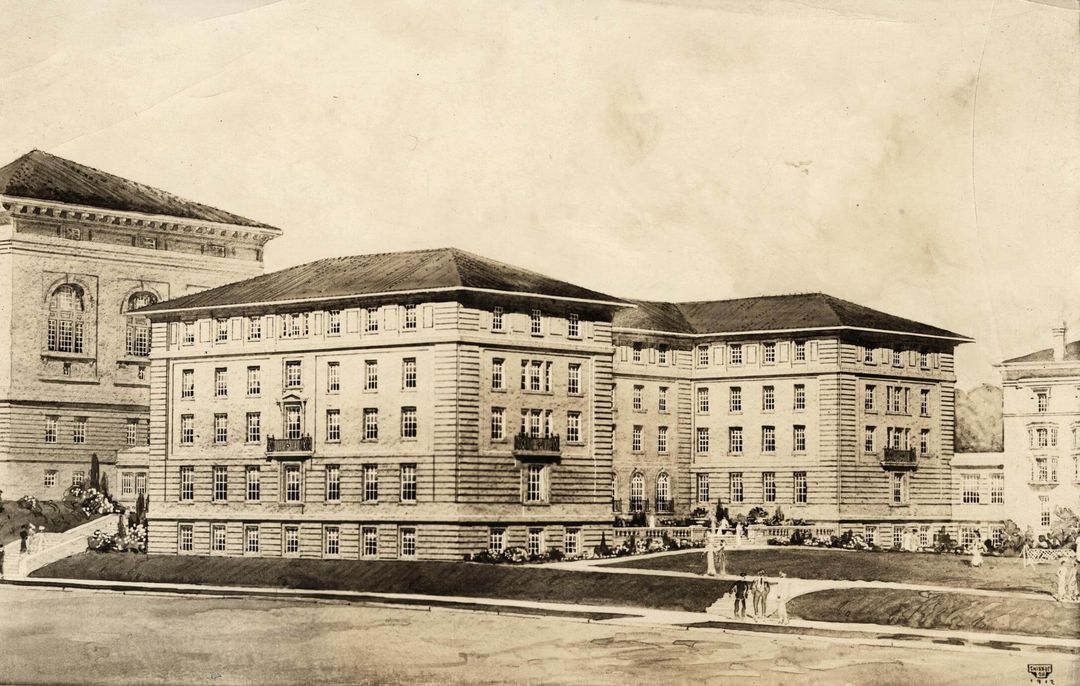Revered film critic Richard Schickel ’55 on optimism, cinematic evolution and this year’s Oscar picks
Richard Schickel ’55 has been a movie fan for most of this life. As a child, a typical Saturday afternoon consisted of plunking down a quarter at the neighborhood theater with friends, and watching the likes of Gary Cooper, Bob Hope and Betty Grable on the big screen.
“I’ve always liked the movies,” he says, “all through high school and college. I just didn’t see a way to professionalize that passion.”
But a chance assignment from a magazine editor jump-started what Schickel calls “an accidental career” as a revered film critic, author and documentary filmmaker.
Schickel first discovered his talent for writing as a student at UW-Madison, where he spent much of his time writing for the Daily Cardinal.
“We had fun. I was a fairly regular student,” he recalls, “except I was absolutely passionate about the newspaper.
“By the time I spent a couple of years on staff, it was clear to me I would be some kind of journalist after graduation.”
While still in Madison, Schickel also wrote articles for magazines such as the Progressive, the New Republic and the Nation, which led to a job with Life magazine in New York.
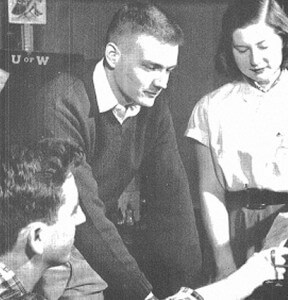
“I didn’t have a television set, so I went to the movies every evening after work,” he says. “One day, my editor asked me to write a movie review … quite a good little movie called "Sammy Going South," by director Alexander Mackendrick, about a boy who had to make his way across Africa to find his family.
“It wasn’t very successful, but it was a sweet little adventure movie, and I kind of liked it, so I gave it a favorable review.”
That review turned into another, and a few months later, Schickel signed a contract to review a handful of films every month, which he did until Life closed in 1972, leading to a similar position with Time magazine, where he worked until 2009.
“After doing this pretty much steadily since the 1960s, you have to remain a cockeyed optimist: expecting you’ll see something at the very least fun, at the very most a life-changing experience. You could even hope to be shattered, though I’ll admit that happens very seldom.” Richard Schickel ‘55
Richard Schickel ‘55
At the same time, Schickel began exploring a side to the industry that had always fascinated him: the men and women behind the camera. Schickel has written and produced dozens of books and film and television series about everyone from D.W. Griffith to Martin Scorsese.
When asked whom he’s most enjoyed profiling, Schickel names Clint Eastwood — a close friend of his — as well as Howard Hawkes (“had a lot of wisdom and wit”) and Alfred Hitchcock (“a pretty powerful personality, in a delightfully weird kind of way”).
“Directing is an intricate, absorbing craft,” Schickel says. “They’re always thinking, always planning something new. I’ve been fortunate enough to meet first-rate artists who also tend to be lively, interested in a lot of things and fun to hang out with.”
Schickel helped to elevate the “behind the scenes” genre in print and on screen from overly sentimental studio promotions to more serious explorations of the craft, including an eight-part series that he produced for PBS in the 1970s titled "Men Who Make Movies."
“I sometimes say reviewing movies, while certainly a preoccupation of mine, is maybe not the most important thing I do,” he says. “The TV shows and books have given me the most lasting satisfaction in my career.
“Not that I’m by any means finished,” he adds with a laugh.
“The content of movies has changed a great deal since 1965, of course,” Schickel says, reflecting on the many ways in which the industry has changed since he first began his career reviewing films.
In the 1960s and ’70s, he says critics were looking for something interesting to write about and “kind of seized on the foreign films that were new to America — the New Wave, Italian realist cinema, even British comedy — because they were more interesting on the whole than what was coming out of American cinema at the time.”
Of course American cinema was changing, too: “There was an attempt in the American film industry to do something more curious — "Bonnie and Clyde," "The Godfather." But they also lost something in the way of delight and goofiness. They became more self-consciously serious, not always to their advantage.”
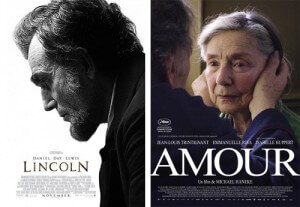
Today, Schickel says he usually finds three or four movies a year that are particularly memorable. The rest are “nice, pleasant … at best, mildly entertaining.” That includes those released in 2012. Of the nine films nominated for a Best Picture Academy Award, he mentions just two that caught his attention:
“I liked "Amour" quite a bit, and it’s probably my favorite of those nominated,” he says. “I don’t think it’s going to win, though.”
Schickel points to Steven Spielberg’s portrait of Abraham Lincoln (upon whose lap many UW alumni have sat over the years!) as the likely winner this year. “"Lincoln" is a serious movie, beautifully acted and beautifully staged.”
Schickel may watch the Academy Awards telecast on February 24, 2013, and whoever wins or loses, he emphasizes that in the long run, it’s often the fans who ultimately decide which films will be remembered.
